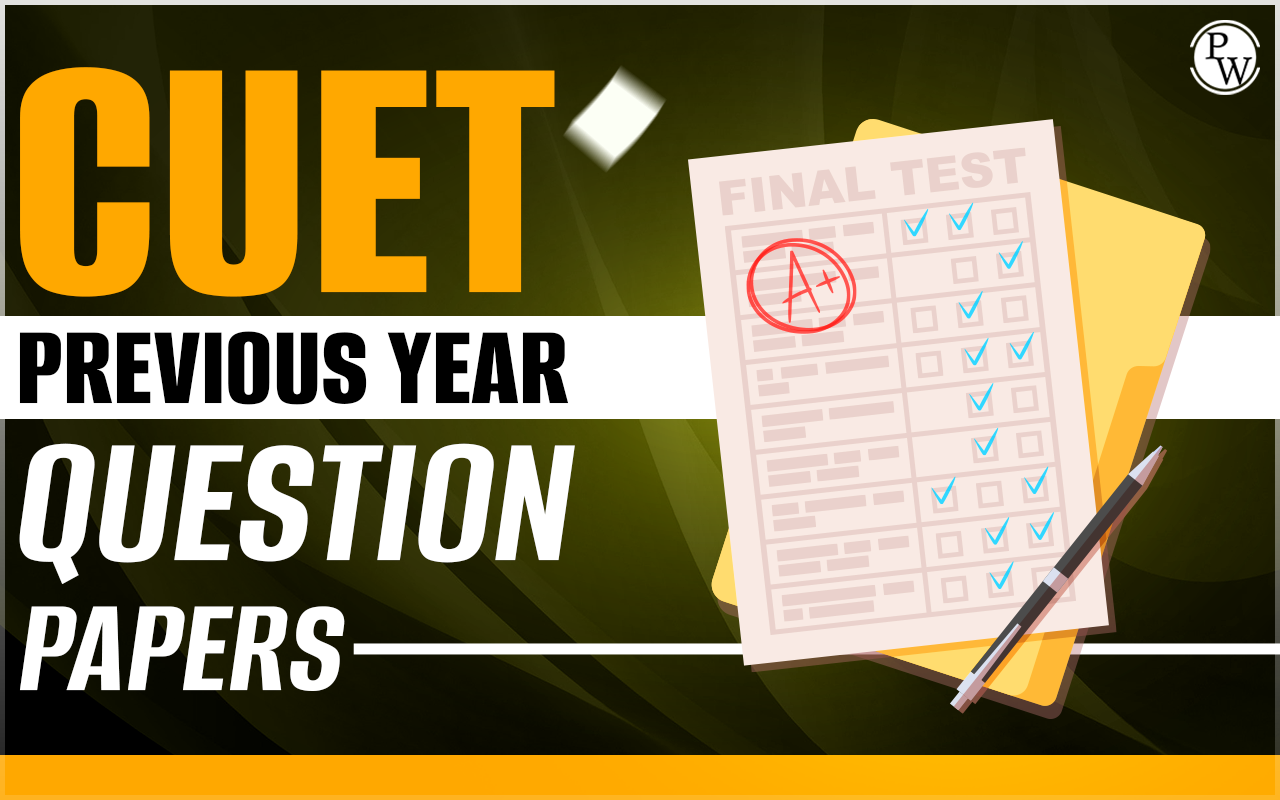

A strong vocabulary is essential for cracking the CUET UG English section, where word knowledge plays a key role in answering questions on synonyms, antonyms, reading comprehension, and verbal ability. Since vocabulary cannot be mastered overnight, consistent practice and the right strategies are required. Below are some proven vocabulary-building techniques that will help you perform well in the CUET UG 2025.
Why Vocabulary Matters in CUET UG 2025
CUET UG English paper tests your ability to understand and interpret language. Vocabulary-based questions often include:
-
Synonyms & Antonyms
-
Spelling Errors
-
Fill-in-the-blanks
-
Reading Comprehension
-
Verbal Ability
A better vocabulary enhances reading speed, comprehension, and accuracy—crucial for time-bound exams like CUET.
-
Tips to Improve Your Vocabulary for CUET UG 2025
Improving your vocabulary is essential for performing well in the CUET UG 2025 exam, especially in the English section. A strong vocabulary can boost your ability to answer questions on synonyms, antonyms, reading comprehension, and verbal ability. Here are some effective strategies to enhance your vocabulary and prepare for cuet exam:
1. Read Regularly and Widely : Reading exposes you to new words in context, making them easier to remember.
-
What to read? Newspapers (The Hindu, Indian Express), novels, blogs, and academic journals.
-
How to read actively? Underline unfamiliar words, note them down, and learn their meanings.
Tip: Dedicate 30 minutes daily to focused reading.
2. Maintain a Vocabulary Journal : Make a dedicated notebook to record:
-
New words
-
Meaning
-
Synonyms & antonyms
-
Example sentences
Review this notebook regularly to reinforce memory.
3. Use Mnemonics to Remember Words : Mnemonics are memory aids that help you associate complex words with simpler ideas.
-
Example: To remember "gregarious" (sociable), think of "Greg", your friendly neighbor who loves talking.
4. Learn Word Roots and Etymology : Understanding Latin and Greek roots can help you guess meanings of new words.
-
Examples:
-
“Auto” = self → autobiography, automatic
-
“Bio” = life → biology, biography
Tip: Use online etymology dictionaries to explore word origins.
5. Group Words into Themes : Clustering similar words helps build connections and retain better.
-
Example:
-
Emotions → ecstatic, gloomy, furious, delighted
-
Jobs → engineer, architect, surgeon, technician
6. Use Words in Daily Conversation and Writing : Learning is incomplete without practical usage.
-
Challenge yourself to use 3–5 new words daily in speech or writing.
-
Try rewriting a short article using advanced vocabulary.
7. Solve CUET Practice Questions & Mocks : Attempt English mock tests and cuet past year papers to apply vocabulary in exam-like situations.
-
Focus on vocabulary-based sections
-
Review incorrect answers and note unfamiliar words
Recommended Books to Build Vocabulary
Building a strong vocabulary is essential for performing well in the CUET UG exam, especially in the English section. The right books can help you enhance your word knowledge, improve your understanding of word roots, and boost your ability to recall new words during the exam. Below is a list of recommended books that are well-suited for vocabulary building:
|
Recommended Books to Build Vocabulary |
|
|
Book Title |
Author |
|
Word Power Made Easy |
Norman Lewis |
|
English Vocabulary in Use |
Cambridge University |
|
High School English Grammar & Composition |
Wren & Martin |
Tips to Improve Your Vocabulary for CUET Exam 2025 FAQs
Q.1 : Why is vocabulary important for the CUET Exam 2025?
Q.2 : How can I improve my vocabulary for CUET quickly?
Q3. What are some effective strategies to remember new words for CUET?
Q4. Can I rely on rote memorization for improving my vocabulary?













